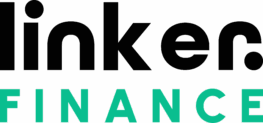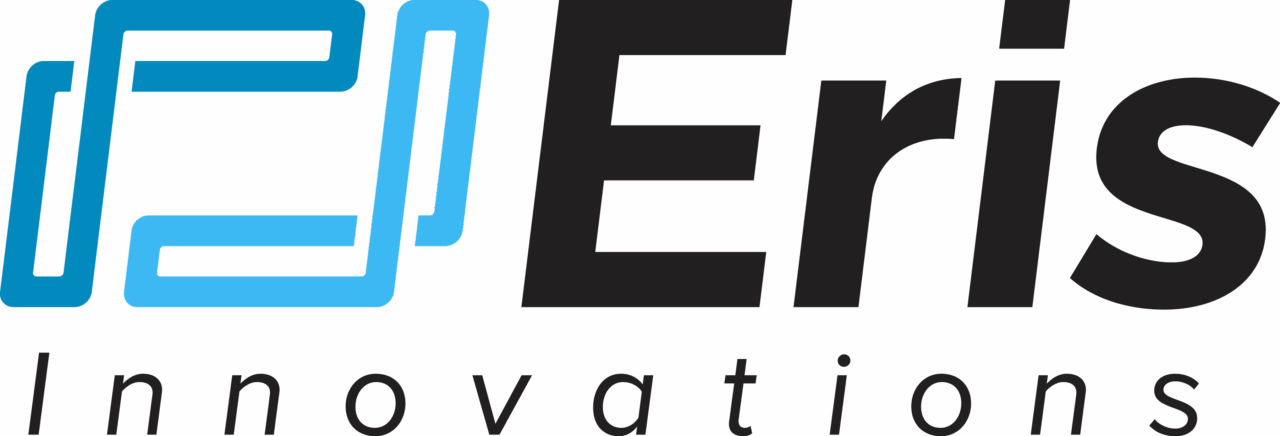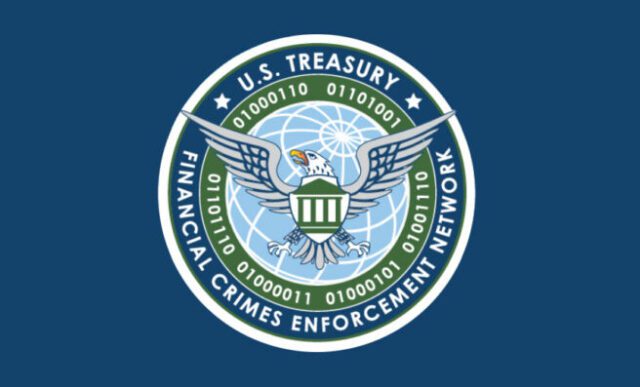FDIC Vice Chairman Travis Hill, speaking at George Mason University in Arlington, Va., addressed the potential of tokenization in the banking industry.
Hill outlined the historical progression from physical currencies to digital transactions and emphasized how tokenization could be the next significant leap in this evolution. He stated, “Tokenization transforms the way ownership of assets is recorded and enables far-reaching new functions.”
This technology not only modernizes ownership records but also enhances functionality. Its benefits include real-time settlements and enhanced security through immutability — a quality that ensures that data, once written, cannot be altered.
Simplifying Complex Transactions with Tokenization
Tokenization offers several innovative solutions to the existing inefficiencies in financial transactions. Hill cited advantages that include:
- Programmability, which allows for the automation of transactions based on predefined conditions
- Atomic settlement, which enables the simultaneous exchange and finalization of transactions. This capability may transform practices in high-volume trading markets like foreign exchange, which sees about $7.5 trillion traded daily
- Simplification of complex transactions. For example, programmability may enable the home-buying process to proceed more quickly, while still providing a reliable audit trail crucial for transparency and security
Operational Challenges of Integrating Tokenization
Despite its benefits, tokenization presents challenges, particularly in regulatory and operational domains.
Hill critically examines the need for clarity in how these technologies are integrated into the current financial system, stressing the importance of ensuring interoperability among different platforms to maintain a seamless and secure transaction environment.
He also highlights the risks associated with this rapid adoption: “Instant settlement has the potential to further increase the speed and intensity of runs,” he noted.
Regulatory Considerations for Tokenization in Banking
The discussion also covered the regulatory landscape, acknowledging the need for a balanced approach that fosters innovation while ensuring security and compliance.
Hill cites the FDIC‘s cautious stance on blockchain and distributed ledger technologies. He advocates for a regulatory framework that allows for experimentation and real-time feedback — crucial for technological evolution — that does not compromise the stability of the financial system.
Hill stated: “We should do our homework and make sure we understand the implications of new technologies that can reshape banking.”
Looking Ahead: The Future of Banking with Tokenization
Hill concludes with thoughts on the future of banking technology, referencing the historical context of the credit card system initiated by Bank of America and its initial challenges. He remarked, “Credit cards would go on to revolutionize how millions of Americans pay for things,” inferring that financial services industry stakeholders must show resilience to navigate the complexities of new, transformative financial technologies.



















